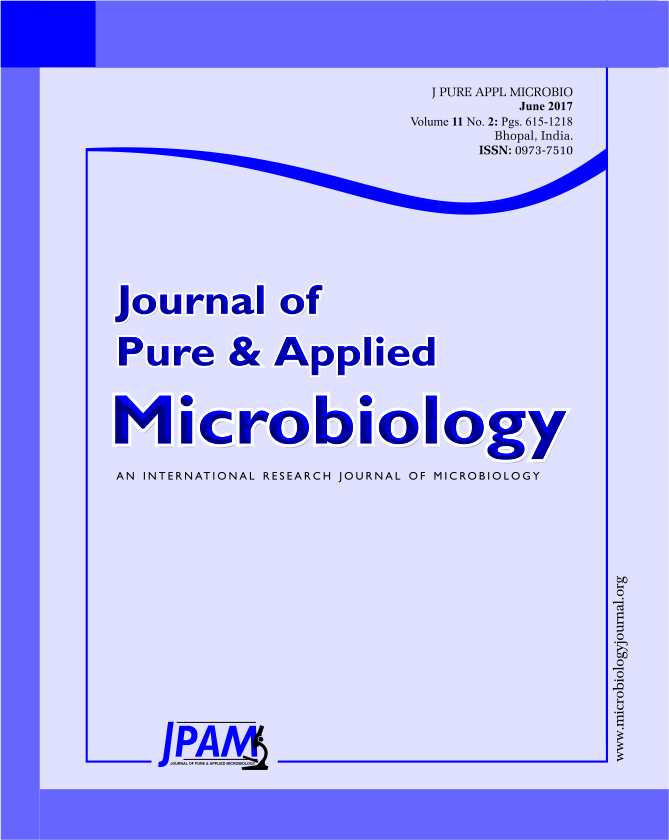Recently more imbalances are observed in availability and quality of natural resources such as water, which is most precious as well as playing a vital role in the governance of entire natural as well as manmade ecosystem. Hence, the presence of water in good quality is extremely necessary for overall sustainable and eco-friendly development. The floating raft wastewater treatment system is most emerging sustainable and plant-based-eco-friendly method for wastewater treatment since it is totally plant based and there is no more initial requirement of inputs as well as there is no production of harmful by-products into the environment.
Floating raft, Phytoremediation, Biofilms, Wastewater.
© The Author(s) 2017. Open Access. This article is distributed under the terms of the Creative Commons Attribution 4.0 International License which permits unrestricted use, sharing, distribution, and reproduction in any medium, provided you give appropriate credit to the original author(s) and the source, provide a link to the Creative Commons license, and indicate if changes were made.


